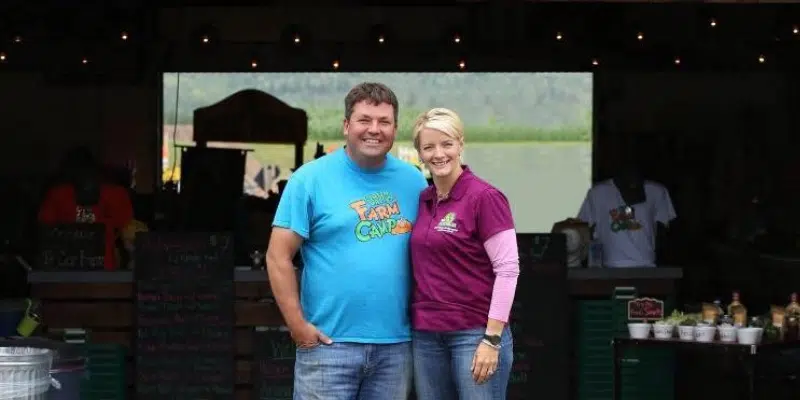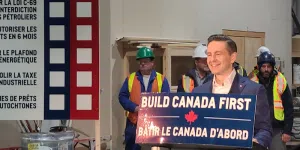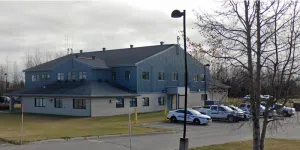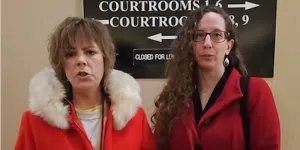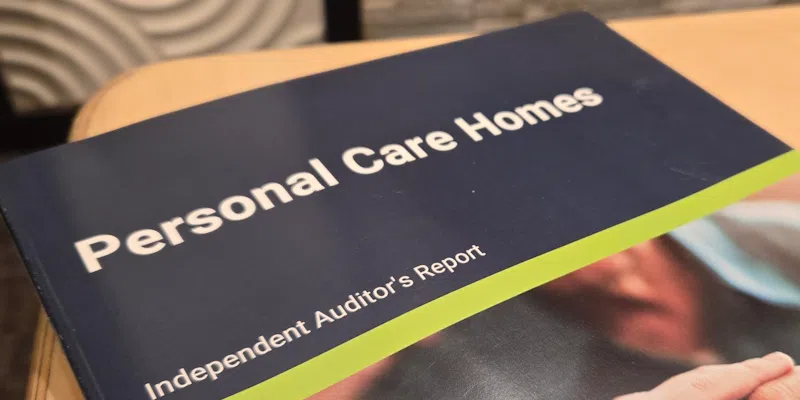Government put a push on doubling food security in the province by 2022, but at least one local beef farm has gone under thanks in large part to bureaucratic red tape.
Troy Humber of Green Valley Farms in Northern Arm was very interested when the provincial government put out a call for proposals for a regional abattoir in central Newfoundland.
Humber submitted his proposal, which was accepted, and he started to build his facility getting the appropriate permits along the way.
The problems developed when the project entered into the Environmental Assessment phase. Humber says he was told by people in the agriculture department to keep going as the province was eager to get the project up and running and that the Environmental Assessment process was a formality.
That’s when things started to go off the rails. Humber says his proposal, which was based on the existing standard of composting, burying and trenching of waste, and was initially accepted, was suddenly rejected.
He says it appears the department wants to create a new standard, even though his accepted proposal was based on the existing standard, and is the standard set for other abattoirs in the province.
Since putting in his proposal in 2020 and pumping $1.2 million dollars of his own money into the project, he’s had to deal with bureaucratic delays that have forced him to shutter his new building, sell off equipment and lay off his staff. He says the cost of housing, feeding and caring for the cattle for the last two years has been “astronomical.”
Humber told VOCM Open Line with Paddy Daly the province is not farm-friendly.
He says he’s too far into agriculture in Newfoundland and Labrador to move elsewhere, “but if I had a choice, I’d be out of agriculture in a heartbeat and I wouldn’t farm in this province again.”

(File photo.)
The Environment Minister says all abattoirs in the province have to go through the Environmental Assessment process and Bernard Davis says Green Valley Beef Farm had actually been released from the process on conditions that they provide a Waste Management Plan, which the department has yet to receive.
Davis says the options include incineration, landfill at an approved site, composting, and burying on-site, provided a registered consultant comes in to ensure local groundwater is not affected.
Humber indicates he’s exhausted those options, including the fact that the incinerator available to him is on Brookfield Road, can only process one or two animals a week and is not certified by the Canadian Food Inspection Agency.
He says the Canadian Food Inspection Agency regulates how Specified Risk Material waste is dealt with. “That’s not us,” says Davis, but the proponent has to provide the province with a plan on how it intends to deal with that waste.

